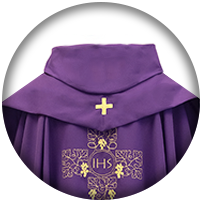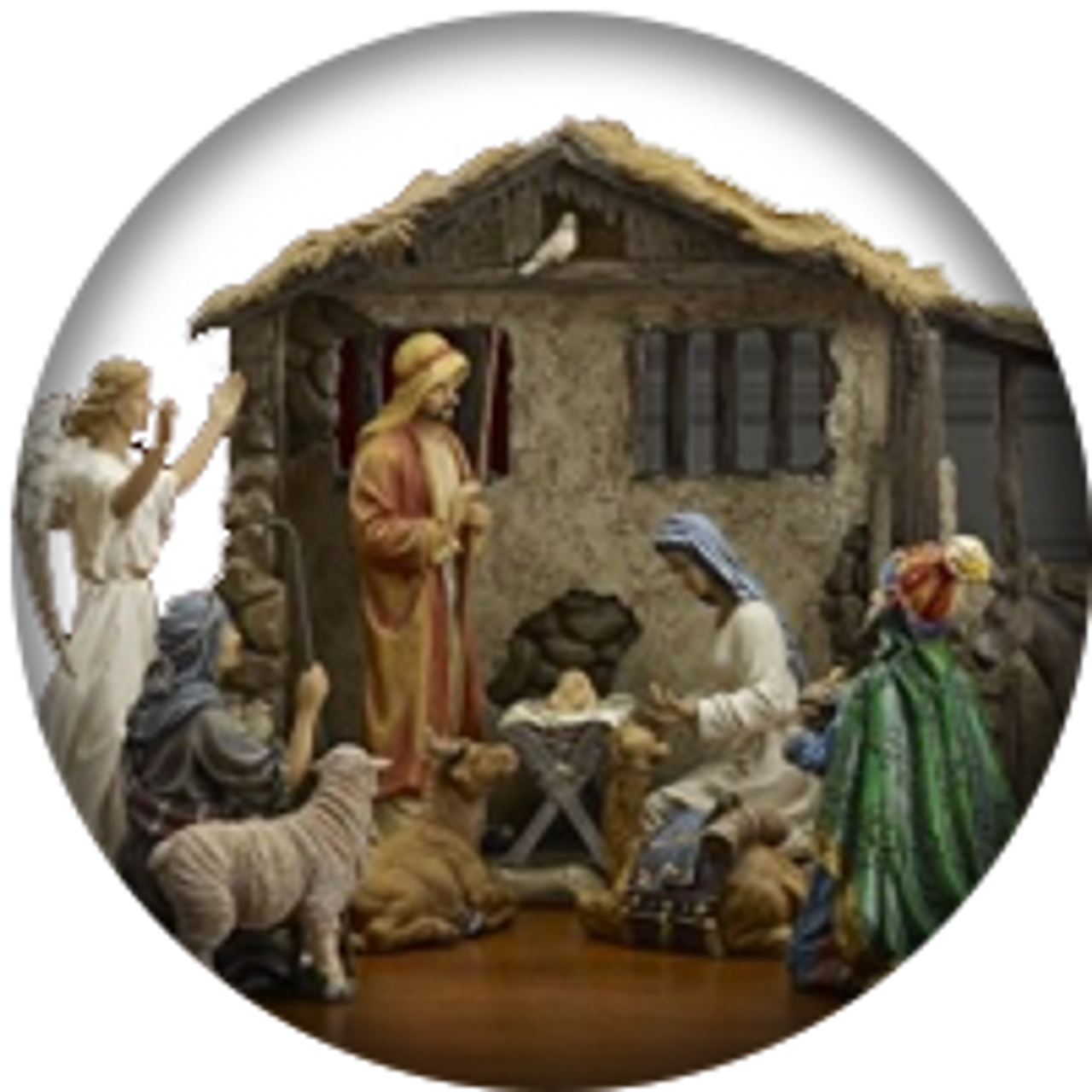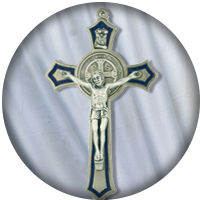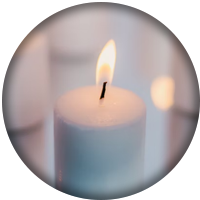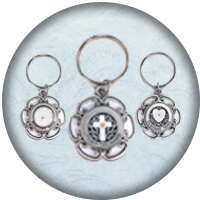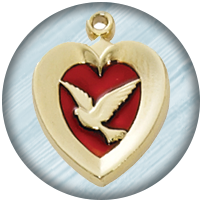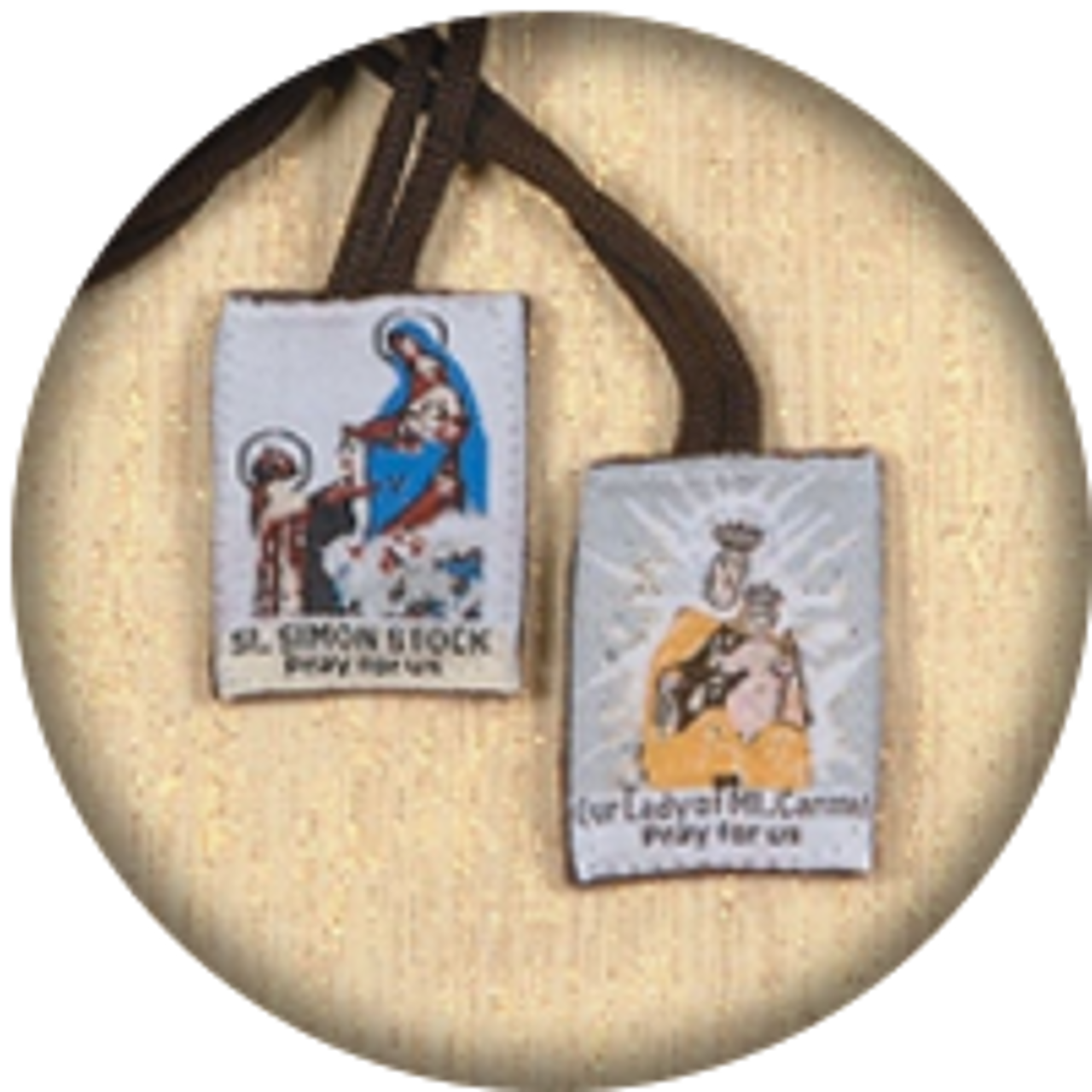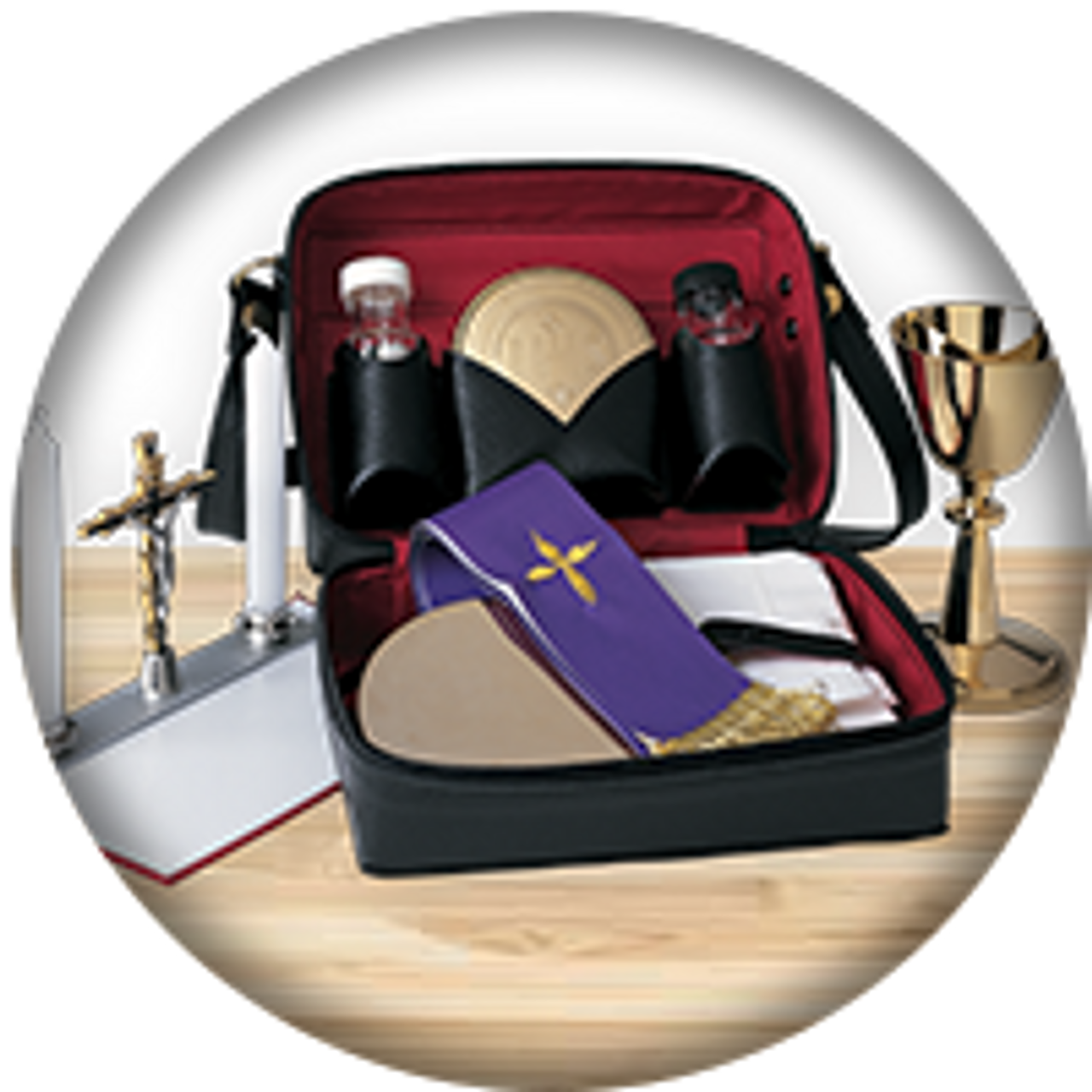FOURTH OF JULY - HISTORY, VETERANS AND HUMOR
Kathy Boh on 2nd Jul 2020
FOURTH OF JULY
HISTORY, VETERANS AND HUMOR
THE HISTORY
We begin by quoting some history about the origins of the holiday.
"On July 4, 1776, the thirteen colonies claimed their independence from England, an event which eventually led to the formation of the United States. Each year on July 4th, also known as Independence Day, Americans celebrate this historic event.
Conflict between the colonies and England was already a year old when the colonies convened a Continental Congress in Philadelphia in the summer of 1776. In a June 7 session in the Pennsylvania State House (later Independence Hall), Richard Henry Lee of Virginia presented a resolution with the famous words: 'Resolved: That these United Colonies are, and of right ought to be, free and independent States'…”
[A] Committee of Five was appointed to draft a statement presenting to the world the colonies' case for independence. Members of the Committee included John Adams of Massachusetts, Roger Sherman of Connecticut, Benjamin Franklin of Pennsylvania, Robert R. Livingston of New York and Thomas Jefferson of Virginia. The task of drafting the actual document fell on Jefferson...” 1
Some minor revisions were made between July 1st and July 4th. Then late in the afternoon, John Hancock, the President of the Continental Congress, signed what they called the “Declaration of Independence”. And others present did the same.
“Today, the original copy of the Declaration is housed in the National Archives in Washington, D.C.. July 4 has been designated a national holiday to commemorate the day the United States laid down its claim to be a free and independent nation.” 2
CELEBRATING TODAY
Of course, the Fourth of July is well-known for its picnics, outdoor gatherings, parades, grill-outs, family and fireworks. Many of us love to celebrate and enjoy the day and the night.
We just read how our blessed nation began. But that was just the beginning. Many throughout these last two and a half centuries have continued to fight for each of us in this nation—sacrificing their lives, their limbs… losing their comrade/friends… family time and connections… and some, even their mental and emotional health. They have kept those of us at home safe and sound, even as they have gone into harm’s way, while their families waited and missed them at home.
The 4th of July is a good day to remember the sacrifices many have made to keep our country free. It’s a day to thank veterans (and their families, who could also use our encouragement and a helping hand at times) for their contributions to our success and peace and well-being.
Finally, we can remember to continue to help the veterans who came home from the war zone injured, and in need of help and support. The battles they fight still continue—for life, for health and for well-being, while many of the rest of us have gained our country’s peaceful advantages from their offering.
Last, but not least, we can continue our on-going prayer for those who are still assigned to active combat zones—for protection and courage, safety and peace.
And we can persist in praying for those veterans and their caring families dealing with grief, injuries and trauma, for healing and help, encouragement and strength. We salute you! We applaud you! And we hold you in our hearts.
A FOURTH OF JULY POSTSCRIPT
A few years ago, we did a series on Humor, Joy and Happiness. The entire series included some humor and religious jokes. The serious part involved the distinctions concerning the fruit of character (formed in cooperation with the Holy Spirit) called “joy”—even as it was compared and contrasted with “happiness”. Our Almighty God, who created a beautiful and glorious Garden of Eden for the first human beings, showed that He desires our happiness. That’s not always prevalent in our fallen world nor in our life situations. He helps us, then, develop “joy”—even in difficult circumstances. The series included both Christian and Catholic humor from some books we had in our store.
At one point, we mentioned that humor was on the “short list” of what was allowed in church. At that time we said that we would not go into the long list of what was not usually acceptable practices in church, “although that might be fun.
The 4th of July weekend that year was spent dog-sitting and house sitting for my daughter. The modest house in an old neighborhood overlooked downtown Cincinnati and its riverfront area along with northern Kentucky. We had a sweeping view from a perfect distance. My sister (visiting from out-of-town) and myself thoroughly enjoyed the fireworks over the Reds’ stadium. We admired the additional panoramic river view, enjoying the fireworks on both Friday and Saturday evenings. On Sunday morning we went to an old and nearby gothic-style Catholic church, which held their summer services in the air-conditioned basement area that doubled as a reception room for weddings, etc. Mass was celebrated on a small platform that was like an open stage area, against the back wall.
Midway through the mass, at a very quiet time, everyone watched as Father’s adult male server went silently up the stairs from a lower, seated position. He went behind the altar, across the back of the platform in front of the huge wall cross, and turned on a wall switch. The basement ceiling was quite low, and my sister and myself sat in the middle of the room. Immediately, a few feet above our heads and almost close enough to touch, a mirror ball came to life and began spinning, casting light in every direction. It suddenly broke the very solemn mood. (Was this meant to be a glittery finale to the fourth of July weekend? Surely this festive nod to Independence Day must be a mistake!)
Meanwhile, with eyes cast down piously, the dignified server made his return trip . He failed to realize the effects of the light switch as he continued to quietly make the long walk to his lower seat. He was still looking down, completely unaware, as suppressed laughter spread throughout the congregation.
While quietly chuckling to himself, the first assisting (probably a) deacon left the altar beside the priest and traveled to the lower spot where his co-minister had sat down—quite oblivious to it all. The deacon tried (unsuccessfully at first) to convey to the other server what had happened.
At first, he communicated quietly and unobtrusively, with facial expressions and whispers—then repeatedly with hand motions and pointing. Finally ultimate success came when he spoke quite directly, in his face (face-to-very-close-face), what had happened.
Smile was eventually met with smile. Laughter throughout the congregation grew and continued, freed to become louder by the spontaneous smiles of the two ministers.
The stately gentleman who had flipped the switch then got up, with eyes cast down. He made another fervently slow, sauntering trip to the light switch, and turned it off. Dignity was restored. And, thankfully, no one got up to dance.
That summer series was an adventure into some fun and real wisdom as we explored “Humor, Joy and Happiness”—in some enlightening detail. We may do it again. Even our “Smiling Pope”, Pope John Paul I, (who was pope for 33 days in 1978, before St. Pope John Paul II) said that “healthy” humor was helpful in dry times in life.
He also said that he experienced suffering inside, even when there was a smile outside, on his face. He may have known something about joy in the midst of sorrow.
FOOTNOTES
1.https://www.military.com/independence-day/history-of-independence-day.html
2.Ibid.

